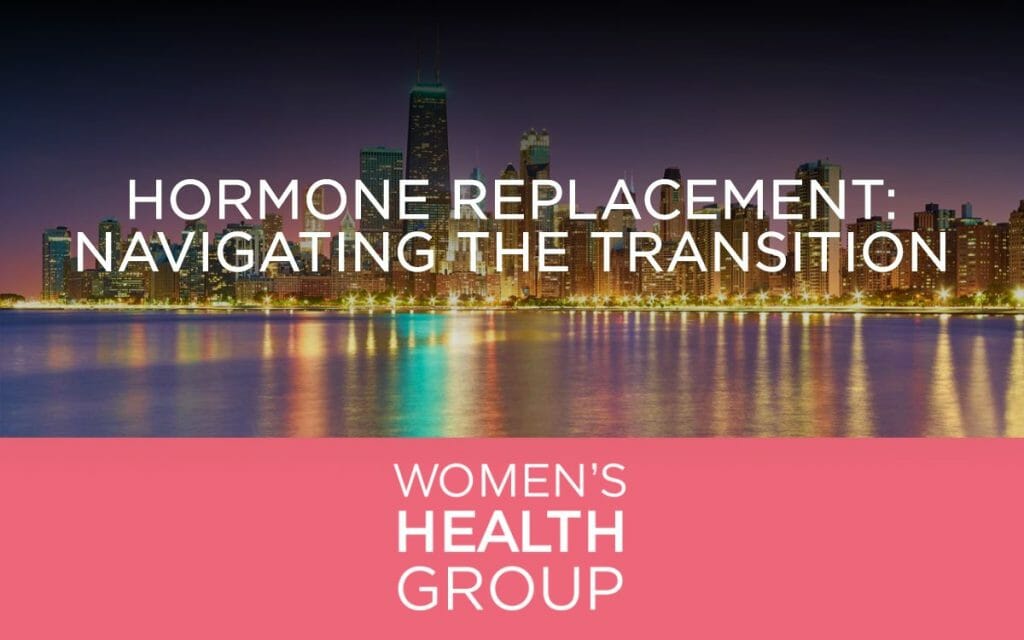Understanding the Hormone Transition
The hormone transition, simply referring to the natural process of changing hormone levels observed as women age, is a part of life that every woman will experience. The fluctuations and overall reduction in certain hormones, primarily estrogen and progesterone, often result in perceptible changes that can significantly impact a woman’s health and wellbeing. The Women’s Health Group in Chicago, Illinois, an expert team of obstetrician-gynecologists, is well-versed in this field and equipped to guide you through this journey.
The Importance of Hormones in Women’s Health
Hormones are the harmonic messengers of the body, orchestrating various functions such as metabolism, growth and development, tissue function, sexual function, reproduction, sleep, and mood. The paramount importance of hormones in women’s health, particularly estrogen, progesterone, and testosterone, is unmistakable. They control menstrual cycles, govern pregnancy, and influence menopause, thereby bearing a significant role in every woman’s life journey.
Experiencing the Hormone Transition
Hormone transition can encompass several stages starting from perimenopause, progressing to menopause and postmenopause. Here is what you might expect:
- Perimenopause: Usually starting in the 40s, some women may experience it as early as their mid-30s. The ovaries gradually produce less estrogen.
- Menopause: By this stage, the ovaries have stopped releasing eggs and no longer produce as much estrogen. The cessation of menstruation for a year signals the arrival of menopause.
- Postmenopause: Years after menopause, women reach postmenopause, where symptoms of menopause can ease for many. However, health risks related to the loss of estrogen rise.
Symptoms of Hormone Transition
The years of transition can sometimes be challenging, with various symptoms presenting themselves, often unique to each individual. From irregular periods and hot flashes to mood changes and sleep disturbances, the signs can range from being mildly inconvenient to significantly disruptive. Anyone experiencing these symptoms should reach out to a professional healthcare provider such as the Women’s Health Group. Further information on the symptoms can be found on this page provided by the Women’s Health department.
Hormone Replacement Therapy: Navigating the Transition
Women experiencing disruptive symptoms and seeking relief might consider hormone replacement therapy (HRT), an effective medical intervention that involves supplementing the body with hormones that are on the decline or absent. While HRT brings about many benefits, such as relief from hot flashes and protection against bone loss, it’s important to remember that it is not suitable for everyone. Given the potential side effects and risks, it’s crucial to have a comprehensive discussion with your healthcare provider.
Benefits and Risks of Hormone Replacement Therapy
Women’s Health Group emphasizes the importance of understanding the benefits and risks involved in hormone replacement therapy:
- Benefits: Apart from effectively easing hot flashes, night sweats, and other menopause-related symptoms, HRT can prevent bone loss and reduce fracture in postmenopausal women.
- Risks: Long-term use or use of certain types of HRT can increase the risk of blood clots, stroke, and certain types of cancer. These must be considered and discussed with your physician.
A detailed discussion about the benefits and risks associated with HRT based on individual health history, and risk factors can be located at the Mayo Clinic web site.
The Role of The Women’s Health Group
Having experienced obstetrician-gynecologists by your side to help navigate the hormone transition can make the journey less daunting. The Women’s Health Group, Chicago, is comprised of caring professionals who prioritize your health, offer personalized consultations to decipher whether HRT is a fitting choice for you, and provide continual guidance.
Closing Thoughts on Hormone Transition
It may be natural to feel confused or overwhelmed while facing the hormone transition. It’s important to remember you are not alone. Medical professionals can provide valuable guidance, and therapies such as HRT can offer significant relief from challenging symptoms. The Women’s Health Group, Chicago, is here to guide you through this journey, providing professional advice and care, tailored to your unique hormonal health status.




